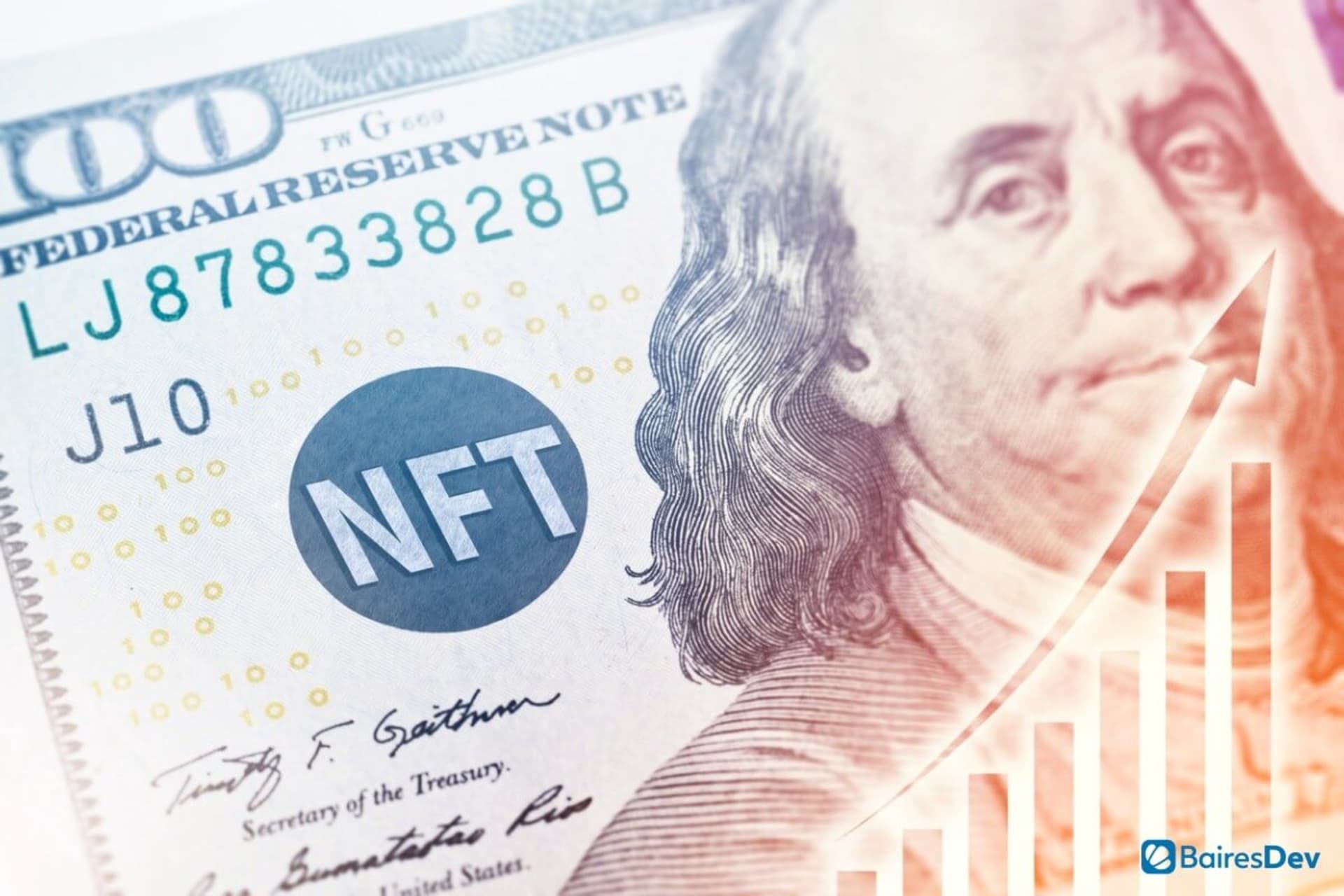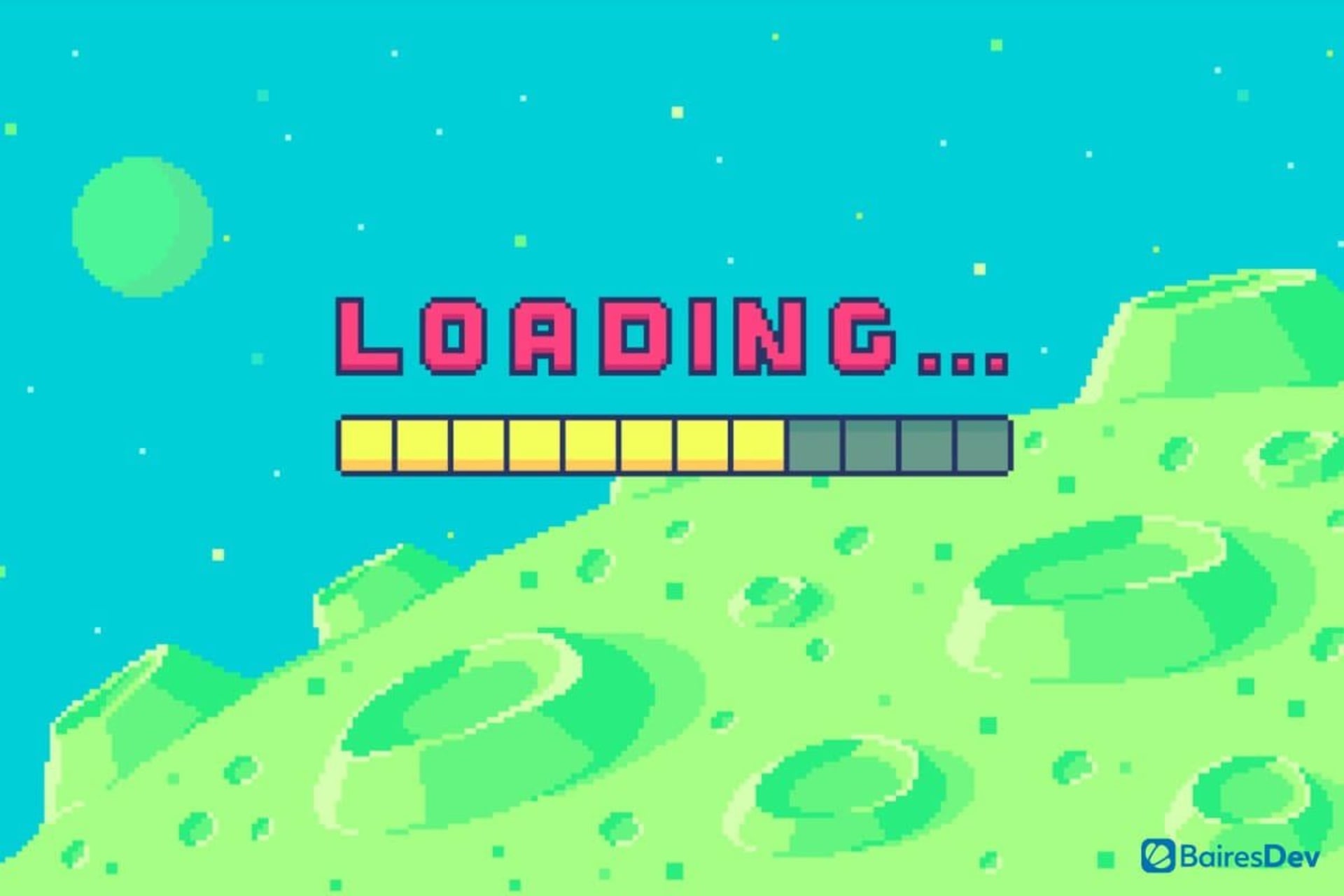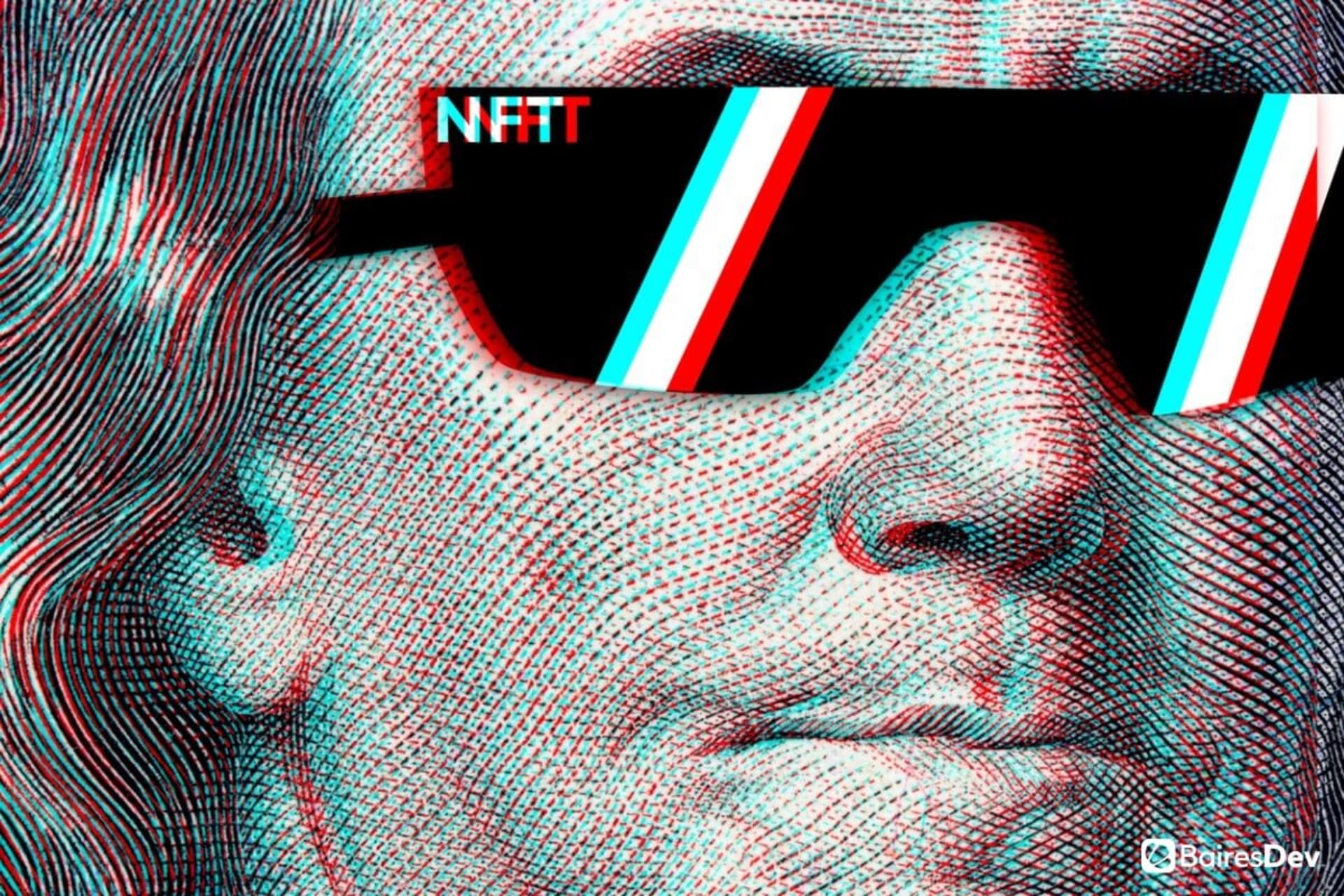NFT Development Services
Our NFT development services combine blockchain expertise with the top 1% of tech talent. Launch scalable and secure NFT solutions in as little as two weeks.
500+ companies rely on our top 1% tech talent.
NFT Development Services We Provide
NFT Marketplace Development
Businesses often struggle to create secure NFT platforms that scale. An NFT marketplace addresses this challenge by providing a secure, intuitive platform that builds user trust and drives engagement.
Our approach combines blockchain expertise with user-centric design. We develop custom NFT marketplaces integrated with multi-currency support, wallet integration, and royalty management. We use blockchain networks like Ethereum and Binance Smart Chain to create marketplaces that are scalable, secure, and ready for the future.
Smart Contract Development
Transaction management, ownership, and royalties can be error-prone and inefficient without automation. Smart contract development automates processes like NFT minting and trading, reducing errors.
We create secure, self-executing smart contracts to fit your project requirements. Our developers use Solidity and other blockchain-specific languages to deliver reliable automation for NFT minting, staking, and trading. Each smart contract undergoes rigorous auditing to guarantee security and compliance with industry standards.
NFT Staking Platform Development
CIOs have a daunting task—to engage users while driving new revenue streams. NFT staking platforms resolve this with holder rewards that incentivize participation.
Our team designs staking platforms that provide tokenized rewards and low-latency performance. We integrate DeFi protocols and staking smart contracts. The end result is a rewarding experience on popular blockchain platforms like Polygon and Solana.
White-Label NFT Marketplace Solutions
Businesses aiming for fast market entry need flexible, powerful solutions. A white-label NFT marketplace provides a cost-effective, customizable foundation, speeding up deployment without sacrificing quality.
We deliver fully customizable white-label solutions with advanced features like auction mechanisms, cross-chain compatibility, and multi-language support. We optimize these marketplaces for scalability, with intuitive user interfaces encouraging quick adoption.
NFT Integration and API Development
An NFT system that doesn’t work well across platforms can slow your growth. NFT integration and API development connect your existing tools to your NFT ecosystem.
Our team builds APIs that support real-time data sharing and integration with CRMs, ERPs, and blockchain networks. These APIs offer wallet synchronization, asset management, and multi-platform interactions.
Enterprise Security for Digital Assets
Protecting digital assets from unauthorized duplication or fraud is paramount. Robust security measures safeguard your reputation and build user trust.
We protect your digital art and gaming NFTs with advanced encryption, multi-factor authentication, and secure key management. By integrating blockchain’s immutability with industry-leading security practices, we keep your assets safe and compliant with global standards.
Rolls Royce case study
Rolls Royce turned to BairesDev to develop an efficient, user-friendly mobile app. A two-week discovery process with the Rolls Royce product owner identified a comprehensive list of functionalities, data streams, and displays required to meet their clients’ expectations for a mobile SDS. Read the entire Rolls Royce case study.

Key Things to Know About NFT Development
Best Practices for NFT Development
Start with a clear strategy for NFT development. Aligning NFT projects with business goals can help you choose the right technology, allocate resources, and mitigate risks.
Identify how NFTs can improve your offerings. They may open up new revenue streams or improve customer engagement. Collaborate with an experienced NFT development company to align the tech with your vision.
Creators, gamers, and investors respond to different kinds of NFT solutions. Design your NFT development to meet their needs for best usability and value.
Strong technical foundations drive reliability and functionality in NFT platforms. For example, multi-chain interoperability lets users trade NFTs across blockchain networks for expanded market reach.
Work with NFT developers to create secure, auditable, adaptable smart contracts. Smart contracts help prevent fraud and build user trust, supporting the growth of your platform.
Integrate your platform with multiple blockchain networks. This improves accessibility and minimizes vendor lock-in.
Protect against unauthorized duplication and hacking. Robust security builds trust among users and NFT owners.
To stay relevant in the evolving NFT space, build a plan for consistent updates and engagement.
Include features like staking, fractional ownership, or dynamic pricing. Talk to an NFT development company about how staking generates passive income for users.
Keep pace with emerging NFT use cases. Work with development services that stay up to date with new solutions.
Build loyalty through active participation in the NFT marketplace and incentivize user contributions.
Why Choose BairesDev for NFT Development

Top 1% of Tech Talent
We hire the top 1% of tech talent, with skilled NFT developers and blockchain experts on every project. Nearshore, timezone-aligned developers offer faster turnarounds and real-time teamwork. With deep industry experience across blockchain platforms, our team delivers solutions that meet complex project needs.
Robust Security Measures
Security is a cornerstone of our approach to NFT marketplace development. We protect your digital assets with strict security measures and defend your smart contracts against unauthorized duplication. Your platform stays secure and compliant, even amid emerging regulations.
Flexible Engagement Models
We offer adaptable collaboration models like dedicated teams and project-based solutions. These flexible approaches let you scale your resources based on project requirements and timelines. Projects are executed smoothly, with ongoing platform development that fits your goals.
Our process. Simple, seamless, streamlined.
During our first discussion, we'll delve into your business goals, budget, and timeline. This stage helps us gauge whether you’ll need a dedicated software development team or one of our other engagement models (staff augmentation or end-to-end software outsourcing).
We’ll formulate a detailed strategy that outlines our approach to backend development, aligned with your specific needs and chosen engagement model. Get a team of top 1% specialists working for you.
With the strategy in place and the team assembled, we'll commence work. As we navigate through the development phase, we commit to regularly updating you on the progress, keeping a close eye on vital metrics to ensure transparency and alignment with your goals.
Frequently Asked Questions
What are the main regulatory challenges in NFT development, and how can businesses address them?
Regulations around NFTs are still evolving. This creates challenges in taxation, intellectual property, and anti-money laundering compliance. Businesses should work with legal experts and look for NFT marketplace development services prioritizing regulatory frameworks. This can help your projects meet compliance guidelines while mitigating risks.
How can NFTs support supply chain transparency or data security?
NFTs can tokenize supply chain assets to create immutable records of origin and ownership. This increases transparency and trust in logistics and procurement. By integrating NFTs with secure blockchain networks, businesses can improve data security and tamper-proof sensitive information.
What are the benefits of using white-label NFT marketplaces?
White-label NFT markets let businesses launch customized platforms quickly. This saves time and reduces costs while adapting to evolving project requirements. White-label marketplaces often include options for NFT staking platform development and integration of blockchain features.
What should businesses consider before starting an NFT project?
Before you start, set clear business goals, choose the right blockchain platform, and build in compliance with industry standards. Working with a skilled development team can simplify the development process and help meet project goals. Plan a budget, understand potential market risks, and work to mitigate environmental impact.
What are the cost considerations for launching an NFT marketplace?
The cost of an NFT marketplace depends on how complex the platform is and which blockchain technology you choose. Features like staking, royalty mechanisms, or multi-chain interoperability can also affect costs. Businesses should factor in expenses for ongoing maintenance, security, and compliance. A reliable NFT development company can help with cost-efficient planning and execution.
How can companies measure the ROI of NFT initiatives?
Track metrics like revenue from NFT sales, user engagement, and operational cost reductions. Advanced analytics tools built into NFT markets can provide insights into trading activity and user behavior. These metrics can help businesses measure the effectiveness of their approach and refine their strategies.
How do NFT platforms handle blockchain interoperability?
Interoperability expands NFT accessibility and prevents vendor lock-in. Modern NFT development solutions integrate multiple blockchain platforms, letting users interact across different systems. This future-proofs the platform while improving market reach.
What role does a development company play in NFT success?
A specialized NFT development company can offer end-to-end support, including ideation, platform creation, and post-launch maintenance. Their expertise spans NFT software development, smart contract audits, and tailored solutions to meet unique project complexities. They can also provide strategic insights to align NFT projects with broader business goals.
How Businesses Can Overcome the Software Development Shortage
BairesDev Ranked as one of the Fastest-Growing Companies in the US by Inc. 5000

See how we can help.Schedule a Call










